We all know one. The nice guy, the cool girl. They claim to embody an otherness that seems to distinguish them above the frivolities of their gender. The cool girl isn’t like other girls because they “aren’t bitchy”, the nice guy “treats women like humans, not objects”. And while these personas appear to represent a positive shift in gender stereotypes, there is actually something deeply problematic with this way of thinking .
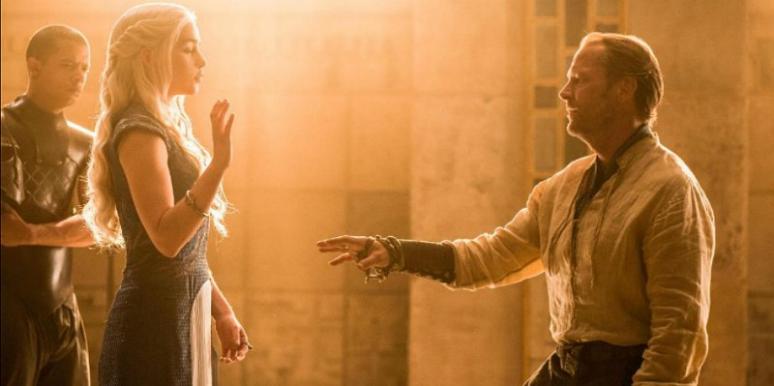
Lets be clear, when people branch out into different identifications of gender performativity, this is usually a good thing. It is important for individuals to question how they identify in the world, divorced of societal stereotypes and expectations. But the characterisation of the ‘Nice guy’ and the ‘Cool girl’ is not it.
These codified terms provide a person with the platform to heighten themselves above a shallow and false narrative of how men and women interact in social situations. And while these behaviours are adopted by both genders, they really only effect women. Men are doing women a favour by being nice to them, but women are too stupid to appreciate it. Similarly, the interests of every-day women are frivolous, and only girls who are above the silliness are ‘cool’.

The myth of the ‘Cool girl’ and the ‘Nice guy’ set a precedent that minimises women’s autonomy and stinks of internalised misogyny.
The Nice Guy
“Women say that want a nice guy, but I’m always friend zoned”
Sound familiar? The so called ‘nice-guy’ is someone we’re all familiar with. And no, he doesn’t have to wear a fedora and have a neck beard. Although extra points if he does.
The faux ‘nice guy’ is overly-friendly, genuinely listens to women and sees them as more than an object of sexual desire. Or so it seems.
Except that while these behaviours should be the basic expectations within a friendship (regardless of gender), the nice guy sees this as the start of a social contract, in which he ultimately gets the girl. Think of it this way, if someone is actively making themselves behave nicely, then it’s probably not an instinctive quality of theirs.
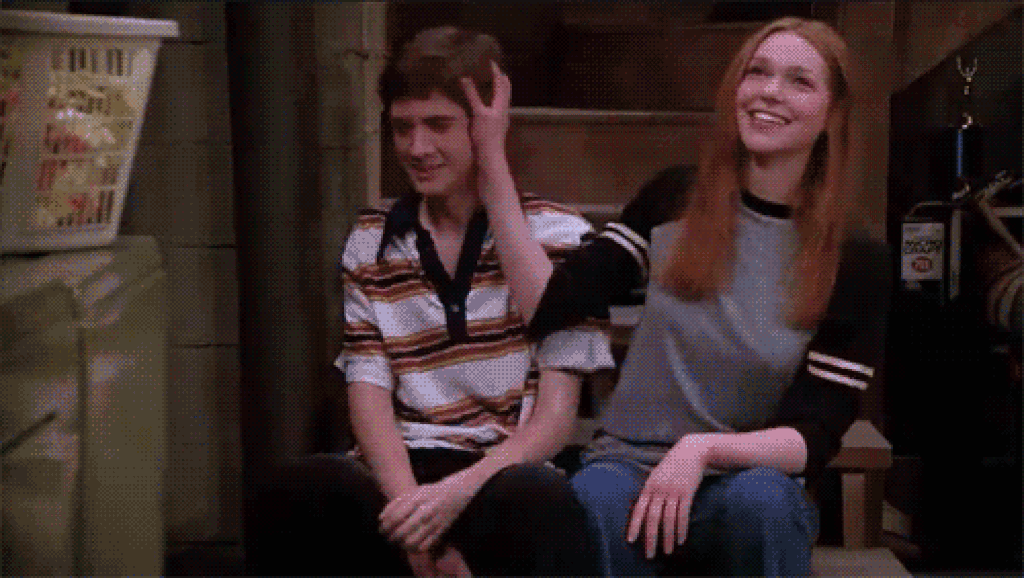
You think getting friend zoned is bad, imagine your creepy male friend thinking you owe them sex.
— Solomon Georgio (@solomongeorgio) September 1, 2016
Dr Robert Glover wrote in his book ‘No More Mr. Nice Guy: A Proven Plan for Getting What You Want in Love, Sex, and Life’, that this behaviour is a condition formed from low self-esteem, which often causes the guy to act in very un-nice ways towards women. This includes dishonesty, passive-aggressive behaviour and inauthenticity.
And while nice guys love to blame their rejection on the fact that ‘women only want bad boys’, the truth is much simpler.
According to relationship experts, the quality women look for the most in a relationship is trust. So when someone is being inauthentically kind, that’s just not attractive. Nice guys are not being themselves. Rather they are performing a version of themselves for sexual and/or emotional gratification.
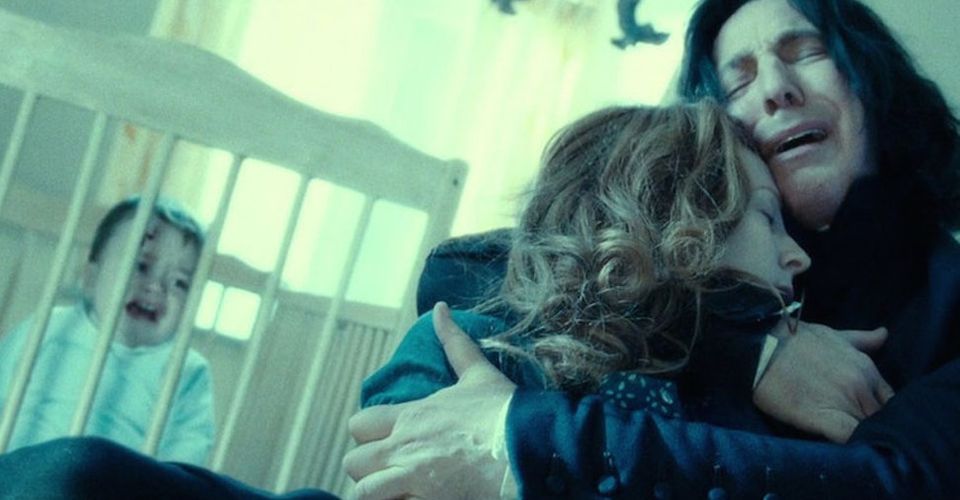
Most of the time, these so-called ‘nice guys’ are angry. They’ve suffered rejection, failed relationships and a perpetual inability to attract the women they’re interest in. But instead of looking inwards, they project their shortcomings outwards. They feel used when women see them as friends rather than prospective partners. They place the onus on said women when their partners treated them badly. Because if she wanted someone to treat her right, she would have chosen the nice guy.

Of course, there is no mention of the fact that this guy is actually the one using women. Entering a friendship under false pretenses. Or the fact that women can turn someone down, and still have the right to expect a safe and respectful relationship.
Now don’t get me wrong. I roll my eyes as hard as the next girl when someone proclaims ‘not all men’, but in this case, its true. There is the ‘nice guy’ and then there is ‘the good guy’. Most men fall into the latter category. Think Brooklyn nine-nine’s Jake Peralta, or Ben Wyatt from Parks and Rec. Both characters who have meaningful friendships with female characters, and furthermore authentic friendships with their future love interests.

The Cool Girl
Most women have been a victim of the ‘cool girl’ syndrome at some point in their lives. An unconscious desire to stand out and articulate the fact that we do not fit into the small box of stereotypes which befit women. A desire to scream “I’m not like that”, which manifests into “I’m not like other girls”.
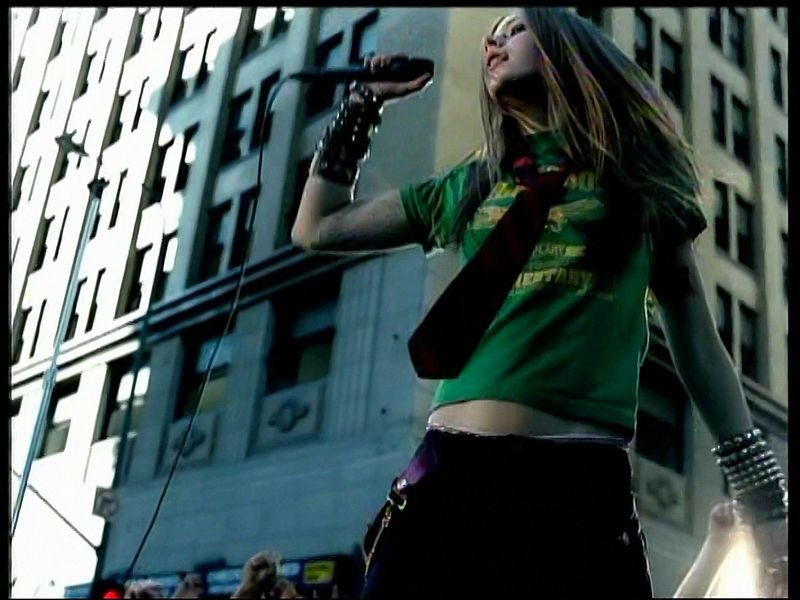
But when we say we’re not like other girls, we are supporting the notion while you might not fit into that box, other women do. It is way in which girls can individualise, but instead of bringing other women up with them, they are tearing them down in the process.
Typically, the cool girl caricature is one that rejects femininity, or perceived feminine behaviours. Cool girls don’t get along with other girls, because they are above the frivolities of being female. They seem to believe, and furthermore push the narrative that girl groups are ‘bitchy’ and toxic.
They would rather play sport than shop. They can eat their guy friends under the table.
Apart from the isolation of female friends, these behaviours are actually pretty normal. In fact, Ausplay data shows that 50% of Australian women and 72% of girls regularly participate in sports related activities.
However, it is the rejection of femininity that is perhaps the most damaging trend to come from the ‘cool girl’ syndrome. And it is a trend that we are seeing manifest in our ‘feminist’ films.
When Wonder Woman hit the big screens in 2017, I was it broadly praised as the girl-power flick that was long overdue. And why shouldn’t it be? Diana kicks butt. She’s strong, confident and powerful. A warrior.
And of course, while these are all important representations, they are also all typically masculine traits. She is not a feminine character at all.
“Her femininity is part of the story, for the way it makes even the other heroes in the movie underestimate and discount her. But her gender is never the story’s primary thrust,”– Wrote a critic at the Verge
If anything, Diana is shown to be successful despite her feminine ways. When Diana is dressed in women’s clothing, it’s just to further the joke that she “isn’t like other girls”. She is also heavily guided by her male counterparts and lacks autonomy. In the end, it is her inability to see past her stubbornness that nearly destroys the mission, before her love-interest, Steve, saves the day.
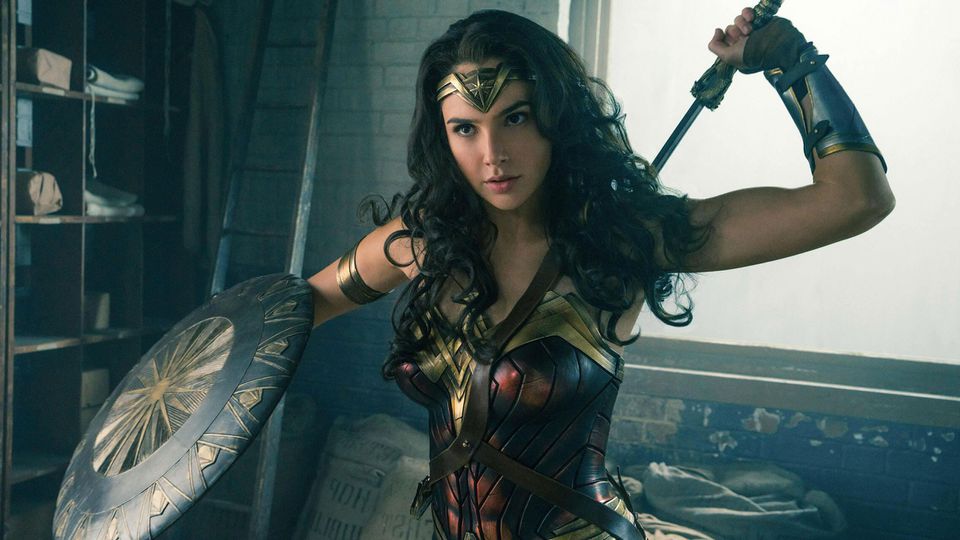
Similarly in the movie adaptation of ‘IT’, the only female amongst the cast, Beverly, has short hair and wears tomboy clothes. Her male friends all fawn over her, and celebrate the fact that she is different to the other girls in her class.
Modern feminism has largely acknowledged that the ‘Cool girl’ syndrome is a result of internalised misogyny. And while most women probably outgrow the phase before they reach adulthood, the internalised message that femininity is negative never really does go away.
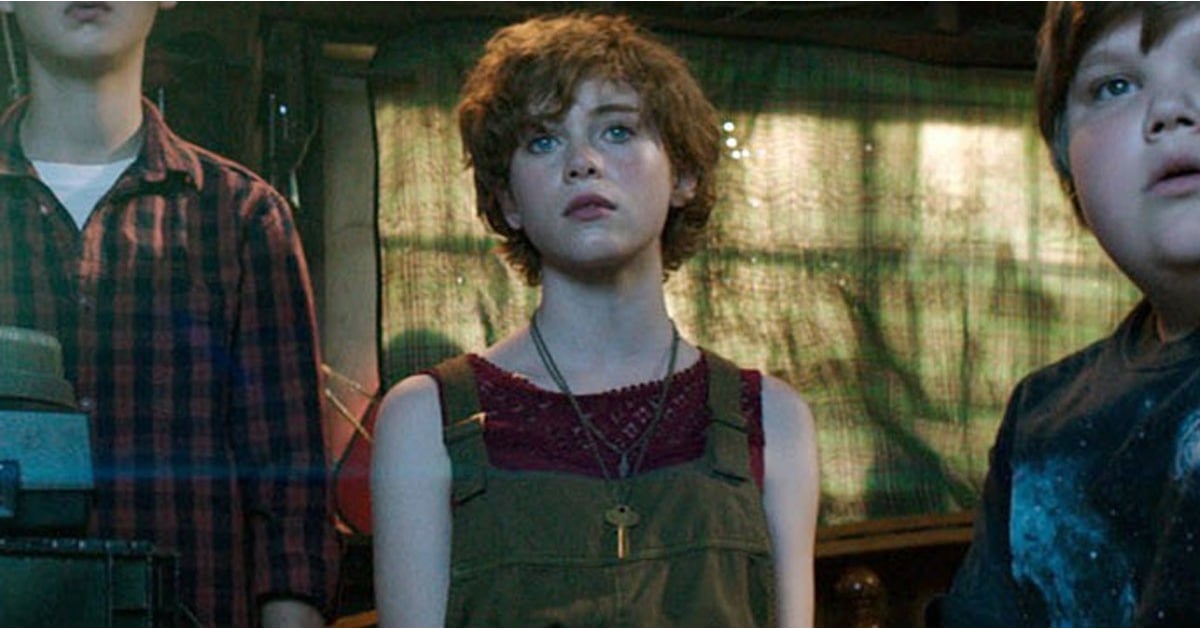
Both men and women should have the power to identify with both masculinity and femininity, without deriving value from the other. The human condition is complex, and it is not one dimension. There is certainly room within ourselves to be both a tomboy and a girly girl.
So that’s why it’s time to throw out these codified identities. They’re problematic, and they don’t allow men and women the space to individualise without also negatively effecting them.
Subscribe to FIB’s Weekly Alchemy Report for your weekly dose of music, fashion and pop culture news!







